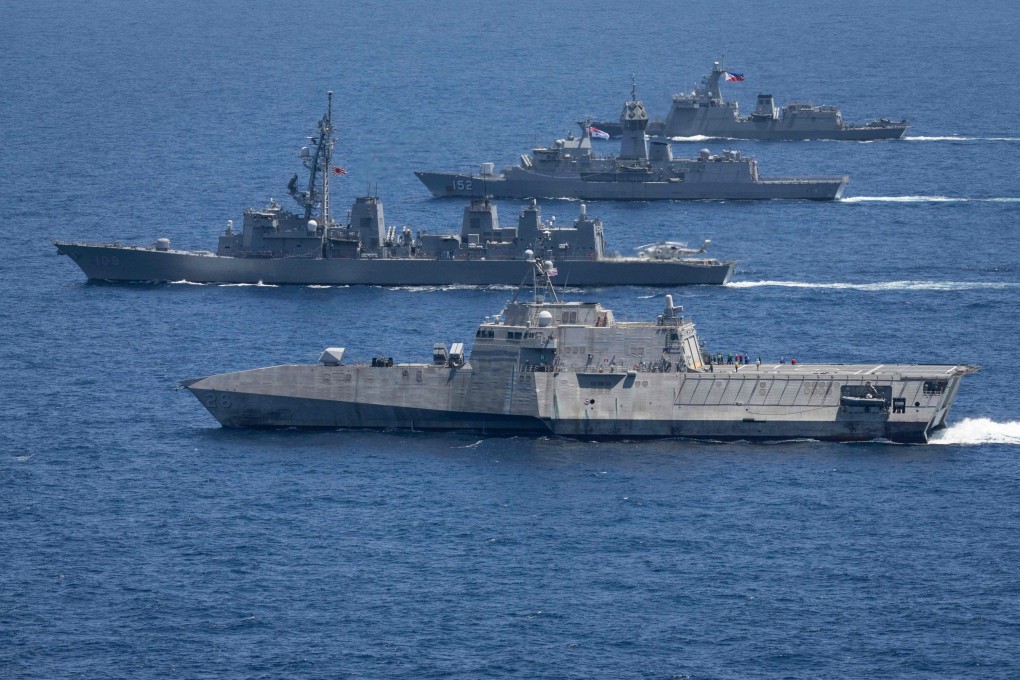Advertisement
Opinion | Why Japan’s role in Philippines’ defence is nearly as big as the US’
- Japan’s latest defence white paper has added clarity to Tokyo’s long-term security outlook and solidity to ties with the Philippines
Reading Time:3 minutes
Why you can trust SCMP
7

Japan’s recently released annual defence white paper outlines how it intends to navigate the contemporary international geopolitical landscape. While threats posed by North Korea and Russia featured prominently in the document, it is worth noting that China’s expansionist activities in the western Pacific were labelled “the greatest strategic challenge” to Japan and the region’s peace.
To address this challenge, the document enumerated several plans that would enhance Japan’s defence posture in the years to come. They include a commitment to reach a target of spending 2 per cent of its gross domestic product on defence, speeding up the buying of advanced missile systems as part of Tokyo’s recently unveiled counterstrike capability and expediting the construction of vessels equipped with the Aegis system that can defend Japan from advanced ballistic missiles.
The white paper also had a separate section emphasising the importance of working more effectively with like-minded partners in the Indo-Pacific through capacity-building and defence cooperation. In this light, Tokyo is working on expediting the transfer of technology and defence equipment to partner countries, along with finished products, having recently revised its official guideline on such transfers.
Among Tokyo’s Indo-Pacific partners, the Philippines stands out in welcoming a more security-driven Japan, as Manila seeks to secure its exclusive economic zone (EEZ) in the South China Sea amid China’s growing belligerence in the maritime domain.
Japan’s defence white paper emphasises the risks of allowing China to have the run of the South China Sea – its activities that run counter to the order of the seas challenge the stability of a free and open Indo-Pacific. China’s expansionism into the Philippines’ lawful EEZ has also damaged Manila’s relationship with Beijing.
The past few years have seen China intensify its belligerent activities within the lawful waters of the Philippines in the South China Sea. These include blocking ships, ramming and firing water cannons at Philippine vessels in Philippine waters.
Advertisement
